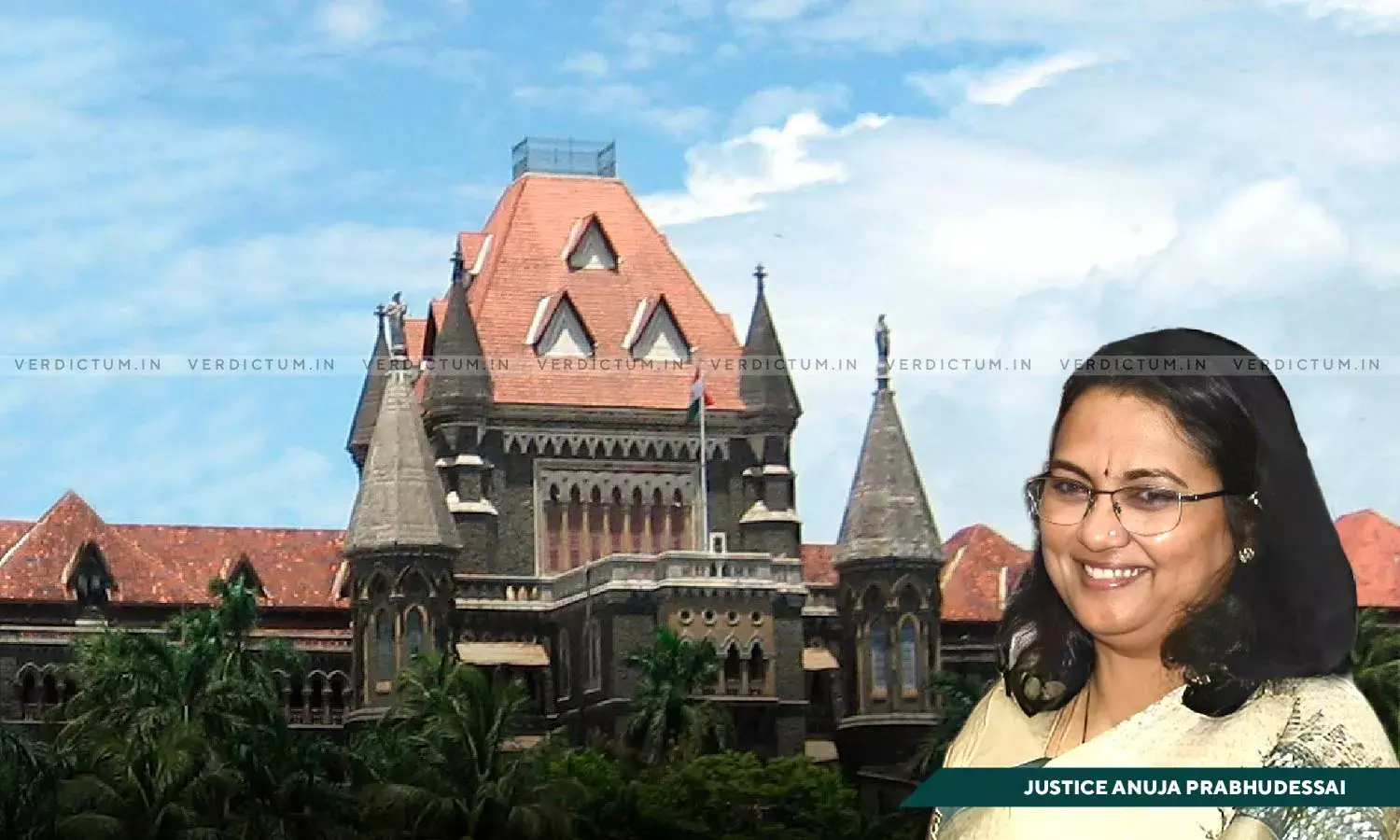Recovery From Search & Seizure Doubtful As Mandatory Requirement Under NDPS Act Was Not Followed: Bombay HC Grants Bail

The Bombay High Court allowed the Bail Application of a 22-year-old man, holding that the search and seizure was conducted without following the procedure mandated under section 42(1) of the Narcotic Drugs and Psychotropic Substances Act, 1985 (NDPS Act). Therefore, the Court held that non-compliance with the procedure raises doubt about the recovery.
The Applicant was arrested for possession of 50 kgs of contraband at his residence. The Trial Court had initially denied the Bail Application, on the grounds that the Applicant had a commercial amount of contraband and had not followed Sections 42 and 50 of the NDPS Act, which rendered him ineligible for bail under Section 37 of the NDPS Act.
Justice Anuja Prabhudessai observed, “It is not the case of the prosecution that the empowered officer did not have sufficient time to obtain warrant or authorization without affording opportunity to the Applicant to escape or conceal the evidence. The concerned officer has not recorded reasons for such belief in terms of proviso to Section 42(1) of the NDPS Act. Hence, prima facie the search and seizure, which is in contravention of the mandatory provisions of Section 42 of the NDPS Act prima facie makes the recovery doubtful”.
Advocate Aashish Satpute appeared for the Applicant and Additional Public Prosecutor A.A Takalkar appeared for the Respondent.
A Bail Application was filed under Section 439 of the Criminal Procedure Code (CrPC) by the Applicant facing Trial for offences under Sections 8(c), 20 (c), and 29 of the NDPS Act. The Anti Narcotic Cell team was searching for a missing suspect when they saw someone near Kathewadi Chowk in Malad carrying two bags and behaving suspiciously. The suspect was uncooperative, so witnesses were brought in, and a search was conducted. The search revealed that the suspect had 22 kilograms of weed on him.
During the investigation, a co-accused was arrested in Nashik, and 10 kilograms of ganja were seized from him. Based on the co-accused's information, 50 kilograms of ganja were found at the Applicant's home in Ahmednagar, and the Applicant was arrested. After completing the investigation, a charge sheet was filed, and the Applicant applied for bail, which the Trial Court denied. The court ruled that the Applicant had a commercial amount of contraband and had not complied with Sections 42 and 50 of the NDPS Act, making him ineligible for bail under Section 37 of the NDPS Act.
The Court noted that the search and seizure of contraband from Applicant’s resident was not a chance recovery but was conducted after the co-accused had disclosed the information. The Court rejected the arguments that the concerned officer had insufficient time to obtain a warrant. Therefore, the Court held that the search and seizure were conducted in a way that raises doubt about the recovery per Section 42(1) of the NDPS Act.
Furthermore, the Court referred to the cases of State of Rajasthan v Jagraj Singh @ Hansa [(2016) 11 SCC 687], Boota Singh and ors v State of Haryana [2021 SCC Online SC 324], and Union of India through Narcotic Control Bureau, Lucknow v Md. Nawaz Khan [Criminal Appeal No.1043 of 2021]. The Court reiterated that per section 42(1), any authorized officer can search without a warrant or authorization between sunrise and sunset. However, if the search needs to be conducted during this time, a warrant is required unless the officer believes that obtaining a warrant would allow the offender to escape. The Court observed that, in such cases, the officer must record the grounds for their belief. Ideally, the information should be recorded before the search and seizure. However, the Court noted that in exceptional circumstances where immediate action is required, the officer may write it down later, along with the reasons for the delay. The Court emphasized that compliance with procedures outlined in section 42 of the NDPS Act is a factual matter that should be addressed during the trial.
The Court noted that it is uncertain if the Applicant was involved in the mentioned crime. The Applicant is a 22-year-old male who has been in custody for over two years but has no prior criminal record. However, due to the backlog of cases and lack of charges being framed, it appears that the Trial may not conclude in a reasonable amount of time.
The Court reiterated the Supreme Court’s Dictum that prolonged imprisonment violates the fundamental right under Article 21 of the Constitution of India. The Supreme Court has stated that bail may be granted based on undue delay in the trial, even if Section 37 of the NDPS Act restricts it.
Therefore, the Court held that the Applicant is entitled to bail and disposed of the Application.
Cause Title: Shivraj Gorakh Satpute v. The State of Maharashtra [Neutral Citation No.: 2023:BHC-AS:27542]

